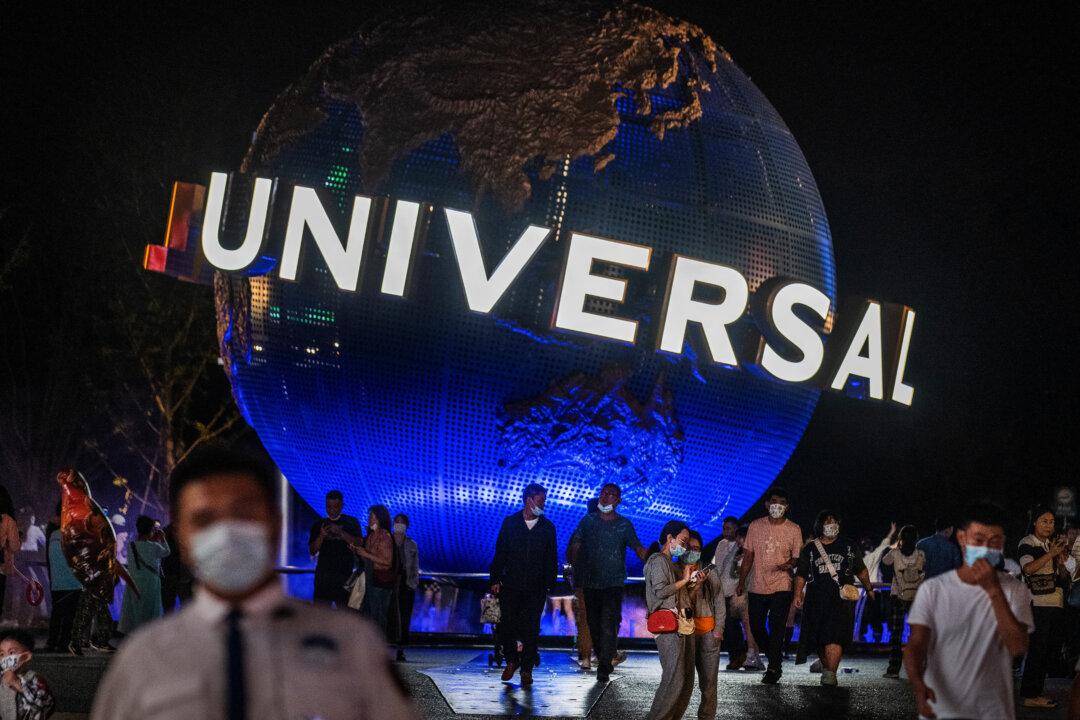News Analysis
Universal Studios inaugurated a resort in Beijing on Sept. 20, after a two-decade wait, amid concerns over the Chinese Communist Party’s (CCP) influence on the Western entertainment industry.


Universal Studios inaugurated a resort in Beijing on Sept. 20, after a two-decade wait, amid concerns over the Chinese Communist Party’s (CCP) influence on the Western entertainment industry.